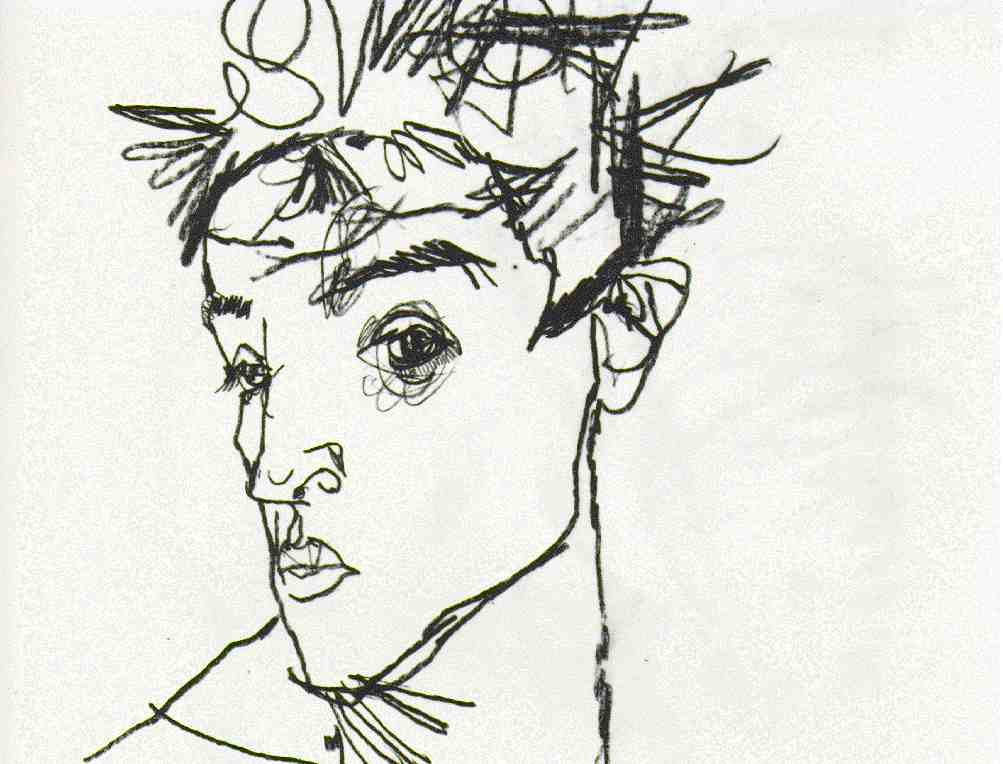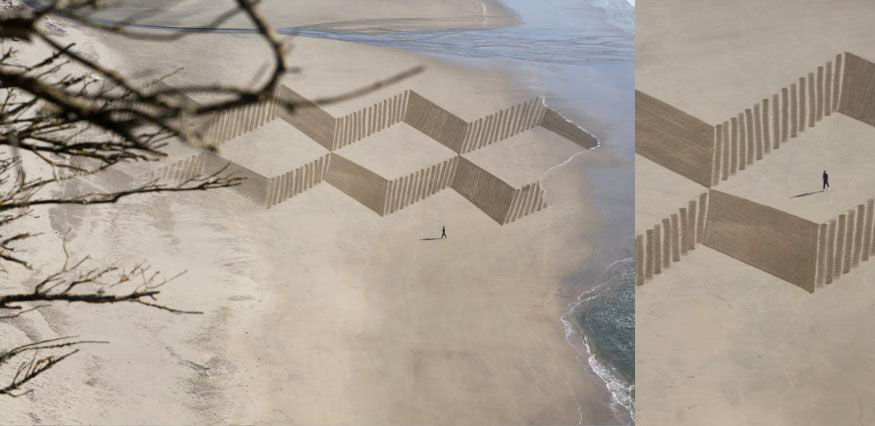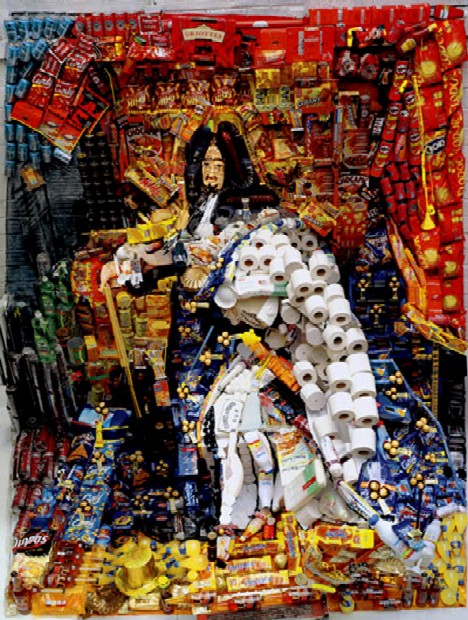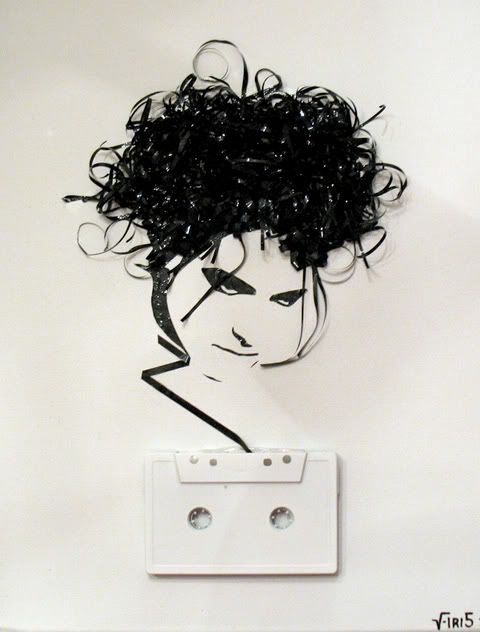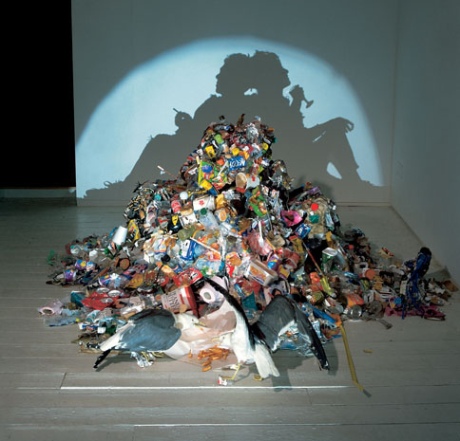
What I enjoy about this series (And many other pieces of research I've found) is the fact that the designs interact with their surroundings, in this case the sculpture interacts with the lighting.
As mentioned in a pervious post, I enjoy the transience of the work, how the piece ceases to be the same depending on the context, which would be the light in this case.
I think that using light as part of a design is interesting for a number of reasons.
If a light source is involved in a piece of artwork to properly view it, then people have a tendency to not see the light as part of the work, but as an external source, which in turn means that the art is contextual. This means that they may realize that what they see is fleeting and temporary, and may appreciate seeing the piece at this particular moment in time more.
I also like the fact that without light, there is darkness. As in, everything we see in the world has been touched by light; if there was no light, then we would not be able to see. I think that directly involving something so important is fascinating. It is also some sort of physical double-entendré, as art is something that is primarily experienced through sight, which would make incorporating light a -play on this idea (You'll have to forgive my poor explanation of what I mean here)
More works from Time Noble and Sue Webster-














